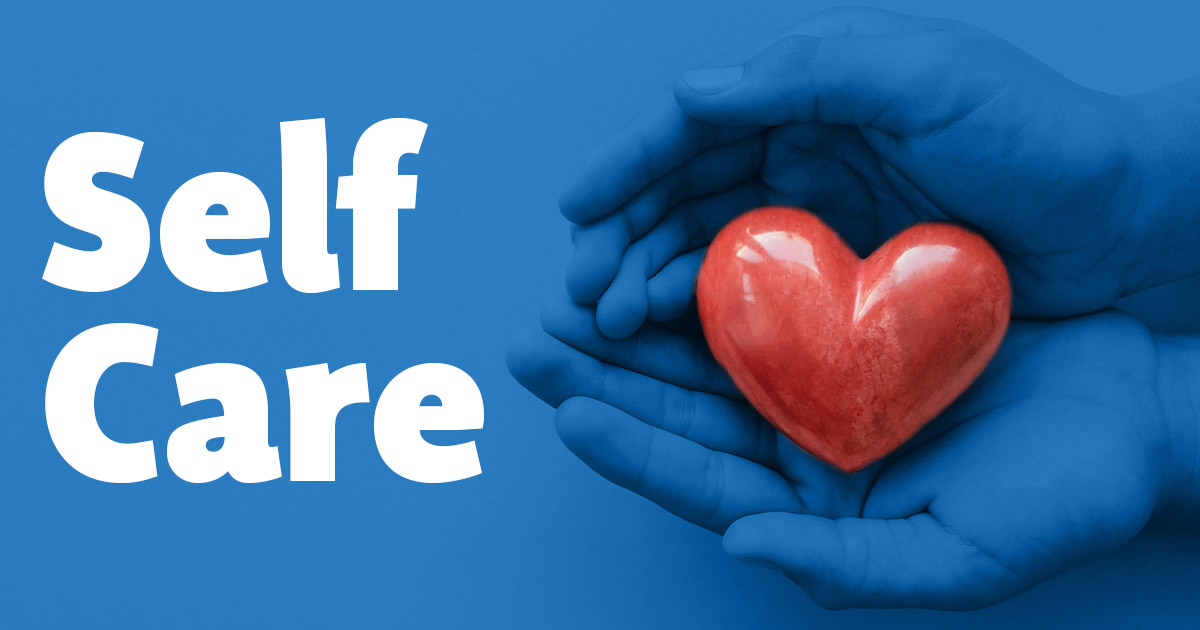In today's fast-paced world, stress has become a common experience for everyone. However, men are more likely to experience higher levels of stress due to their work, family responsibilities, and societal pressures. If not managed properly, stress can have negative effects on men's physical and mental health. In this article, we will provide tips and strategies for managing stress to improve overall men's health. Whether you're dealing with work-related stress or everyday life stressors, the following tips will help you find effective ways to manage and reduce your stress levels.
The Impact of Stress on Men's Health
Stress can have a significant impact on men's health, both physically and mentally. Chronic stress can lead to an increased risk of heart disease, high blood pressure, and stroke. It can also weaken the immune system, leaving men more susceptible to illness and disease.
In addition to its physical effects, stress can also have a negative impact on mental health. Men who experience high levels of stress may be at an increased risk of developing depression and anxiety disorders. They may also experience sleep disturbances, fatigue, and difficulty concentrating, which can affect their daily lives and overall well-being.
Therefore, it is important for men to understand the effects of stress on their health and take steps to manage it effectively to prevent negative health outcomes.

Lifestyle Changes to Reduce Stress
Stress can often be managed and reduced through lifestyle changes. Making positive changes to your daily routine can help reduce stress levels and promote overall wellness. Here are some tips to help reduce stress through lifestyle changes:
-
Exercise regularly: Exercise is a great way to reduce stress and boost mood. Regular physical activity helps to reduce stress hormones in the body, such as cortisol, and releases endorphins, the body's natural feel-good chemicals.
-
Follow a healthy diet: Eating a healthy, balanced diet can help to reduce stress levels. Avoid processed foods, refined sugar, and excess caffeine, and focus on eating a diet rich in fruits, vegetables, whole grains, and lean proteins.
-
Get enough sleep: Lack of sleep can cause stress and anxiety. Make sure you get enough sleep each night, aim for 7-8 hours of sleep each night.
-
Practice yoga or meditation: Yoga and meditation are great ways to reduce stress and promote relaxation. These practices have been shown to decrease cortisol levels and promote feelings of calm and well-being.
-
Spend time outdoors: Spending time in nature can help to reduce stress levels. Go for a walk in a park or a hike in the woods to clear your mind and reduce stress.
By making positive changes to your lifestyle, you can reduce stress levels and improve your overall health and well-being.
Practical Strategies for Managing Stress
Managing stress in daily life can seem overwhelming, but there are practical strategies that men can use to alleviate the negative effects of stress. Here are some tips:
-
Time management: Often, stress arises from feeling overwhelmed by a long to-do list or a lack of time. To manage stress, start by breaking tasks down into smaller, more manageable steps. Prioritize tasks by urgency and importance and allocate time for each task accordingly.
-
Prioritize self-care: Self-care is critical for managing stress. Make time for activities that you enjoy, such as hobbies, exercise, or spending time with loved ones. Take breaks when needed and avoid overcommitting yourself.
-
Avoid burnout: Burnout can occur when you feel overwhelmed by work or other responsibilities. To avoid burnout, take regular breaks and ensure that you have a healthy work-life balance. Learn to say no to additional responsibilities when necessary.
-
Develop healthy coping mechanisms: It's important to have healthy ways to cope with stress. Some examples of healthy coping mechanisms include exercise, deep breathing, or talking to a friend or therapist. Avoid unhealthy coping mechanisms such as alcohol or drug use.
By implementing these practical strategies, men can learn to manage stress in their daily lives and reduce the negative impact that stress can have on their health.

Seeking Professional Help for Stress Management
While lifestyle changes and practical strategies can be helpful for managing stress, it's important to seek professional help if stress becomes overwhelming or persistent. There are many options available for those seeking additional support.
Therapy and counseling can be effective in helping individuals manage stress and develop healthy coping mechanisms. A therapist can provide a safe space for individuals to talk about their feelings and experiences, and can offer guidance and tools for managing stress in daily life.
In some cases, medication may be necessary to manage stress. A healthcare provider can determine if medication is appropriate and can help individuals find the right medication and dosage for their needs.
It's important to remember that seeking professional help is a sign of strength and can greatly improve overall men's health.
Conclusion
In this article, we have discussed the impact of stress on men's health and provided various tips and strategies for managing stress. It is important to prioritize stress management as chronic stress can have negative effects on physical and mental health. By making lifestyle changes, such as exercise, healthy diet, and prioritizing self-care, men can reduce their stress levels. Additionally, practical strategies such as time management and developing healthy coping mechanisms can also help manage stress. Seeking professional help, such as therapy or counseling, is also an important option for men who are struggling with stress. It is essential to take steps to manage stress for overall health and well-being. We encourage readers to share their own experiences and tips for managing stress in the comments below.







